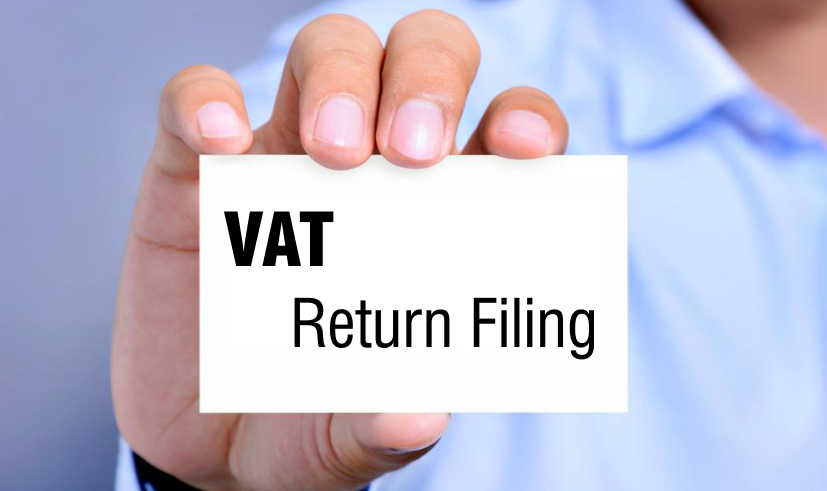The United Arab Emirates (UAE) is long-standingly considered a world-class business hub. It offers favorable tax conditions that is attractive to entrepreneurs as well as multinational corporations. But, due to recent changes to the regulatory landscape, understanding the intricate details of VAT and tax-related services for corporate entities in the UAE is now essential for companies looking to ensure compliance and enhance the tax strategy of their business.
Understanding VAT in the UAE
What is VAT?
Value Added Tax (VAT) is a kind of consumption tax assessed on the purchase of goods and services. In the UAE, VAT was introduced on January 1st 1, 2018, and has the fixed rate of 5 percent. The tax is in effect at all levels within the supply chain where companies are required to pay VAT at every stage and then pay it back directly to the government.
VAT Registration Requirements
Companies operating in the UAE have to be registered for VAT in the event of:
Their tax-deductible supplies and imports are more than AED 375,000 per year (mandatory annual registration). The taxable supply and imports surpass AED the equivalent of 187,500 per year (voluntary application). It’s essential for businesses to keep track of their earnings to ensure that they register their transactions on time and avoid possible sanctions for non-compliance.
VAT Compliance and Penalties
Conformity with VAT regulations is accompanied by severe penalties. Businesses that fail to file for VAT registration within the timeframes stipulated will be subject to penalties that can reach AED 10,000. In addition, the failure to provide tax invoices and to adhere to electronic invoice filing carries penalties of AED 2500 for each instance that is noted.
Virtual Corporate Tax in Uae: Recent Developments
Introduction of Corporate Tax
In a move sure to alter the policy balance, the UAE has introduced an effective federal corporate tax on June 1 2023. The corporate tax rate will be 9.9% for business earnings exceeding AED 375,000. This policy puts UAE on the international tax compliance maps.
Exemptions and Incentives Certain corporate entities are exempt from corporate tax. These include:
- Government entities that are business-related and their wholly-owned subsidiaries are referred to as qualified investment funds.
- Companies operating from free zones in the mainland are subject to specific conditions.
Furthermore, in addition, the UAE government is also looking forward to introducing incentives for corporate taxation, like R&D tax incentives that aim at encouraging innovation and expansion of its economy.
The Functions of VAT and Corporate Tax Services Providers
Due to the complex nature of corporate tax and VAT regulations, businesses frequently require assistance from a professional to navigate the complexities. The VAT providers and tax-related services for corporate clients offer:
- VAT registration and deregistration Making sure that you have timely and accurate interactions in conjunction with the Federal Tax Authority (FTA) to register and handle deregistration as needed.
- Tax Return Filing Submission and maintenance of VAT returns, as well as filing corporate tax returns in accordance with UAE tax laws.
- Audit and Compliance Services: Internal audits to verify the compliance of tax law as well as tax compliance processes that emphasize productivity.
Tax experts can assist companies to decrease the risk of penalties and tax liabilities, as well as improving their financial standing overall.
Using Special Designated Free Zones for Tax Advantages
Specially designated free zones within the UAE are known to offer exceptional tax benefits for companies, thereby serving as a highly desirable area. Businesses that operate within these zones also benefit from:
Exemption from Corporate Tax A few tax-free zones offer no corporation tax over a specified amount of time, provided that certain requirements are satisfied.
Full Repatriation of Profits: Businesses can repatriate their profits and capital without restrictions.
No Restrictions on Currency There are no restrictions to exchanging currencies internationally.
Simplified Export and Import Procedures: The processes for international trade are simplified.
Like any other regulations, businesses should constantly review and analyze every free zone’s regulations in order to ensure compliance and get the most value from incentives provided.
Why Keeping Track is Important
Tax obligations may change, and for businesses operating in the UAE tracking them is essential. Regular meetings with VAT and tax service providers for corporate clients help businesses
- Adapt to changes in regulations and make changes in accordance with new laws or changes promptly.
- Ensure consistent compliance: continuously fulfill requirements in the management of taxes to minimize the threat of sanctions.
- Improve Tax Strategy: Adjust your tax strategies in line with the business goals and the market.
Final Thoughts
The ever-changing nature of corporate tax and VAT in the UAE requires businesses to be proactive in managing their tax affairs and have a thorough knowledge of applicable laws. Strategically partnering with trusted GST and tax on corporate providers helps ensure compliance, enhances tax positions, and pushes attention to business innovations. For additional insights and professional guidance, please follow this link https://www.vat-registration-uae.com.




